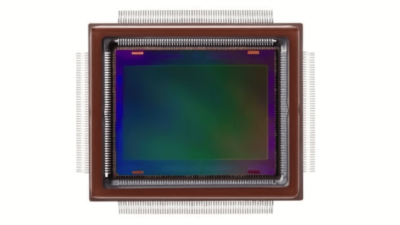Researchers are developing artificial nervous system in the laboratory for the first time

A Stanford University research team created a functional replica of the human nervous system for pain perception for the first time in the laboratory. This is regarded as an approach for the development of new, non -addictive therapies.
Approach for pain research
Published in a nature published in the journal study The scientists report from the successful combination of different nerve cell types to a functioning neuronal circuit. This would be a milestone for pain research. The starting point of the project was the conversion of human skin cells into so -called induced pluripotent stem cells.
These were then developed into four different mini organs, so-called organoids, using chemical signals. Each of them represented a certain station of the pain strike – from the sensory nerve cells of the skin to the cortical neurons of the brain.
These organoids were cultivated side by side in a petri dish and began to connect within around 100 days. A artificial brain model consisting of around four million cells was created – a so -called assembloid consisting of around four million cells. In stimulation with lovely substances, such as capsaicin – the active ingredient that gives chillies its sharpness – the researchers registered a coordinated electrical activity along the synthetic nervous system.
Ethical questions
“For the first time we can observe this signal transmission non-invasive and without animal testing,” said project manager Sergiu Pașca. This opens up new possibilities for developing targeted pain relievers that modulate the nervous system without – like opiates – influencing the brain reward system.
At the same time, Pașca emphasized that the artificial system does not develop pain in the actual sense because it lacks the emotional processing path. Nevertheless, with increasing complexity of such models, an ethical debate is essential. “We have to consider very carefully how far we want to go in the replica of human brain structures,” said Pașca.
Research Snipers is currently covering all technology news including Google, Apple, Android, Xiaomi, Huawei, Samsung News, and More. Research Snipers has decade of experience in breaking technology news, covering latest trends in tech news, and recent developments.











